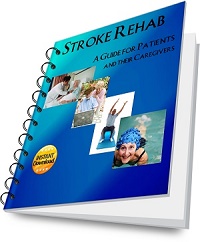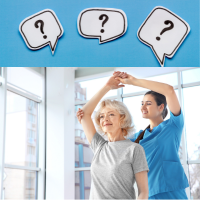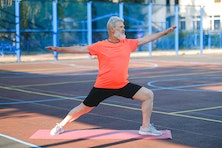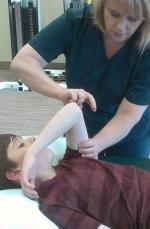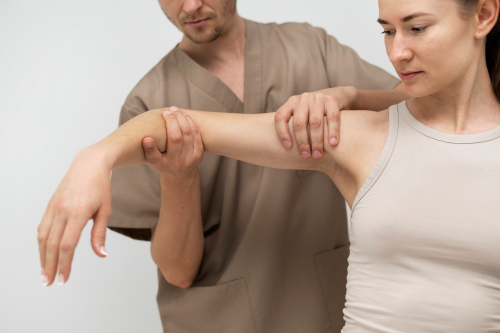Ischemic Stroke: Types and Causes
Medically reviewed by Karen Murray, OT, CHT, CSRS - written by Stroke-rehab.com
An ischemic stroke is the most common type of stroke and is often caused by a blood clot in an artery or blood vessel to the brain. It can be divided into two types, embolic or thrombotic.
Embolic stroke: occurs when an blood clot forms in another part of the body and travels through the bloodstream to the brain. This type of traveling blood clot is called an embolus.
Thrombolic stroke: differs from an embolic stroke in that a blood clot forms inside one of the brain's arteries rather than traveling from another body part. This stationary blood clot is called a thrombus.
Other causes of ischemic stroke include a lacunar infarct, vasculitis, or severe blood loss. A lacunar infarct is caused by small vessel disease and is primarily seen in patients with hypertension and diabetes. Vasculitis is a group of diseases that cause inflamed blood vessels. This inflammation can cause blood vessels to narrow or close thus causing a stroke. Ischemic strokes can also occur due to any disorder decreasing blood supply or oxygen to the brain such as severe blood loss or very low blood pressure.
If a stroke is caused by a clot, treatment is aimed at dissolving or removing the clot. Tissue Plasminogen Activator (tPA) can be used in the first few hours after a stroke to dissolve blood clots, however, many people do not arrive in time to receive this treatment. It is very important to get to the ER as soon as possible if one suspects having a stroke. This is in order to receive optimal treatment and minimize damage from the stroke. Other treatments that may be used with clots are anti-platelet medications, anticoagulants, or clot removing devices.
Newsletter Sign Up
Receive Stroke Recovery Tips, our online quarterly newsletter. Sign up below for free tips on exercises, resources, latest technology, apps, research and more!
To view past issues of Stroke Recovery Tips, visit https://www.stroke-rehab.com/Stroke-Recovery-Tips-BackIssues.html
As an Amazon Associate I earn from qualifying purchases.
Recent Articles
-
How to Make Neuroplasticity Repeatable On Demand
Submission from reader: Neuroplasticity is widely touted as a way for stroke survivors to recover. To make it repeatable on demand, what exact signal is -
Only Plays Internet Games and Nothing Else Three Years Post Stroke
Question: I know playing games for up to 8 hours on the internet is not healthy for anyone. Does anyone know how sitting all day long playing games on -
Sadness After Stroke
I Get Sad Question:I get so sad at times like I lost the old me, I was very active and now I’m not, I’ve had a complete meltdown and just sobbed. Answer: -
More damage done to paralyzed left arm as a result of carelessness.
Question: My husband suffered a stroke which caused his entire left side with no feeling or movement. Recently, my husband possibly could have been turned -
Shouting, Confusion, and Anger After Stroke
Question from reader: My mom had a stroke about a month ago. Physically she is improving, but she has bouts of anger, confusion (says weird things), and -
Cloudy vision after stroke
Question: My mother had a stroke 1 yr ago. It caused partial loss of vision on her right side. During a 4 day road trip, her vision would get cloudy and -
Flaccid Paralysis After Stroke
Learn about stroke treatment for flaccid paralysis after stroke. -
Vision Problems After Stroke
Answers to patients' questions about vision problems after stroke and treatment. -
Symptoms Getting Worse After Stroke
If you experience sudden declines or changes after stroke, you should seek medical attention. -
Flaccid Paralysis Treatment After Stroke: Questions and Answers
Answers to questions about flaccid paralysis treatment after stroke including home exercises and treatment ideas.
